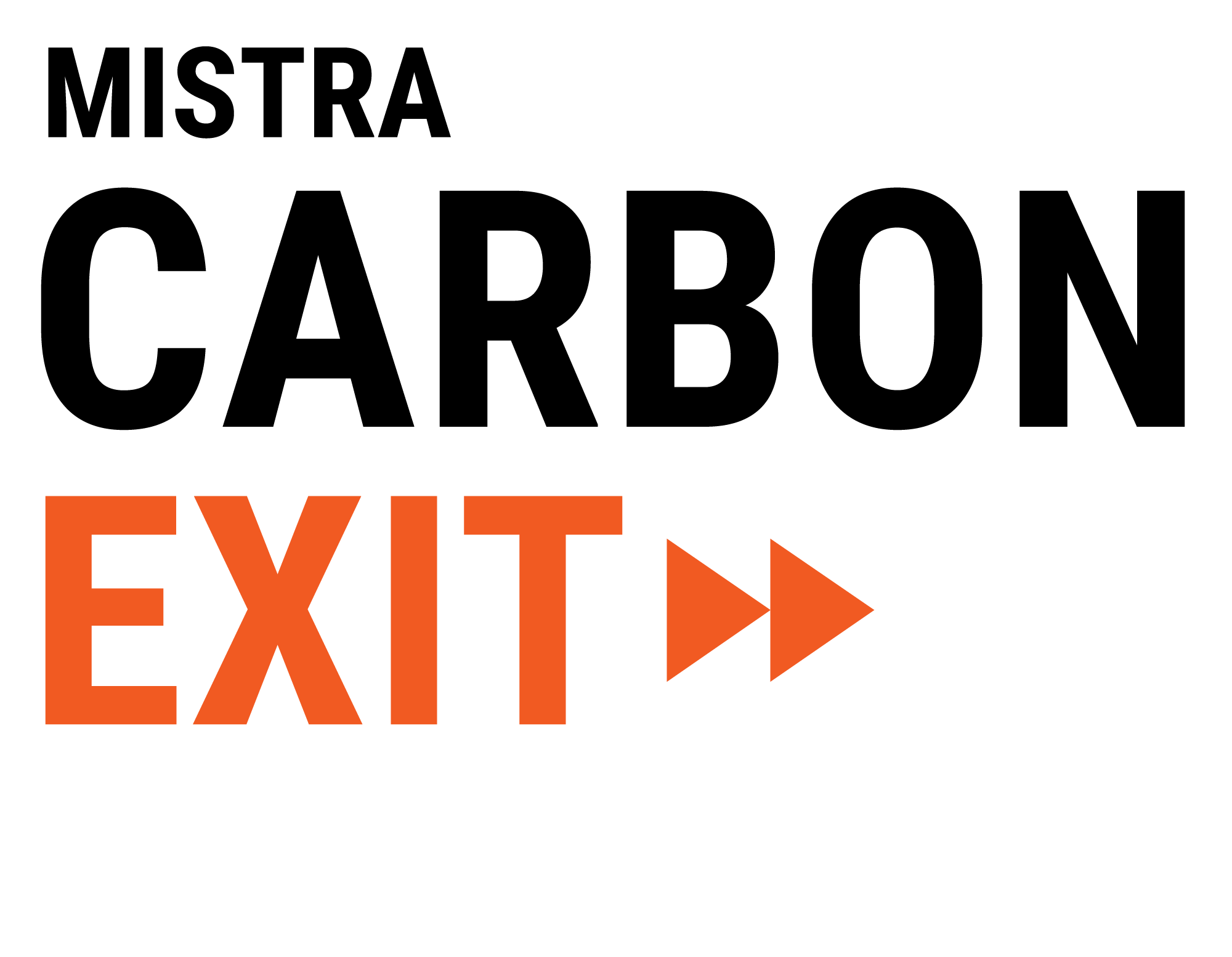Mistra Carbon Exit is a research programme that identifies and analyzes the technical, economic and political opportunities and challenges for Sweden to reach the target of net zero greenhouse gas emissions by 2045.
The programme is multidisciplinary addressing the technical, economic and political challenges for this transition. The programme takes a novel approach by focusing on supply chains – from the input of raw materials, through primary and secondary activities, to final products and services demanded by the end user. The chosen supply chains are buildings, transportation infrastructure and transportation, also including the upstream production of electricity and base materials. These selected supply chains allow us to capture at least 75 percent of Sweden’s CO2 emissions. The consortium includes 10 research organizations from Sweden, Germany, Belgium and USA plus 19 companies, 2 municipalities, 2 NGO:s and 2 authorities.
The research identifies pathways and policies for how Sweden and Swedish companies can become frontrunners in transforming society and industries, providing low carbon products and services while at the same time addressing market risks. This will make Sweden an important international example for other countries to follow.
Our starting point
The Paris agreement and Sweden’s climate target net zero emissions 2045
Transformative scenarios
Our main features
Transformative changes – essential in reaching the zero emission target
In addition to incremental changes, such as increasing energy efficiency, building leaner constructions and substituting coal for gas larger, transformative changes will be required if we want to reach the zero emission target. These changes include new industrial processes in developing base materials, new mobility systems and alternative energy sources.From base materials to products and services – keeping a supply chain focus
By focusing on supply chains, rather than individual economic sectors, we will be able to identify key challenges and mitigation opportunities from primary production of materials to final end-uses. For instance, in a modern low energy building it will take 50 years or more before the emissions from energy use during operation are higher than emissions from producing the cement and steel in the building. By applying a supply chain focus, we can identify where in the supply chain of a building we should focus our efforts.Buildings, transportation infrastructure and transportation, including energy carriers and base materials
These selected supply chains allow us to capture at least 75 percent of Sweden’s CO2 emissions.Interdisciplinary– technologies, policies and governance, behavior and markets
Socio-technical transformations towards a fossil free society imply profound and enduring systemic changes and typically involve social, cultural, technological, political, economic and environmental processes.
Time frame and Budget
This research programme was formulated in response to Mistra’s research call “Transformative changes in society to achieve challenging climate goals”. In response to this a consortium was formed during spring 2016 and a proposal was written by lead authors (Lars Zetterberg, IVL together with Filip Johnsson and Daniel Johansson at Chalmers). The proposal was approved by Mistra on December 9, 2016. In 2020, Mistra invited the consortium to submit a proposal for a second Phase of the programme,covering four years. This proposal was evaluated by an external committee who also evaluated the first four years of the programme. In December 2020, the proposal was approved by Mistra. On April 1st, 2021 the second Phase of Mistra Carbon Exit started.
Our consortium
The Mistra Carbon Exit consortium includes a broad representation actors of within industry, authorities and civil society: 11 academic centers, 19 companies, 2 municipalities, 2 NGOs and 2 authorities.
Read more about our partners here
Work packages and Case studies
Our work is organized in five academic work packages.
Work packages:
Technology assessment, buildings, transport infrastructure & energy (WP1)
Technology assessment, transportation (WP2)
Governance and policy processes (WP3)
Flexible performance and compliance (WP4)
Benefits to end-users - implementation, local arenas and integration (WP5)
Read more about our research here
This is what we do
We will address and identify the technical, economic and political challenges for Sweden to reach the target of net zero greenhouse gas emissions by 2045.
This target will require transformative pathways with respect to virtually all industrial processes and their associated products and services.
We take a novel approach to address this problem by focusing on opportunities and barriers for mitigating carbon emissions along the industry supply chains from the input of raw materials, over primary and secondary activities, to final products and services demanded by the end user.
We will analyze and identify pathways and policies for how Sweden and Swedish companies can become frontrunners in transforming society and industries, providing low carbon products and services while at the same time addressing market risks. This will make Sweden an important international example for other countries to follow, from a technical, a social and a policy point of view.
Get Involved!
Is your organisation interested in being involved with Mistra Carbon Exit? Contact us.

